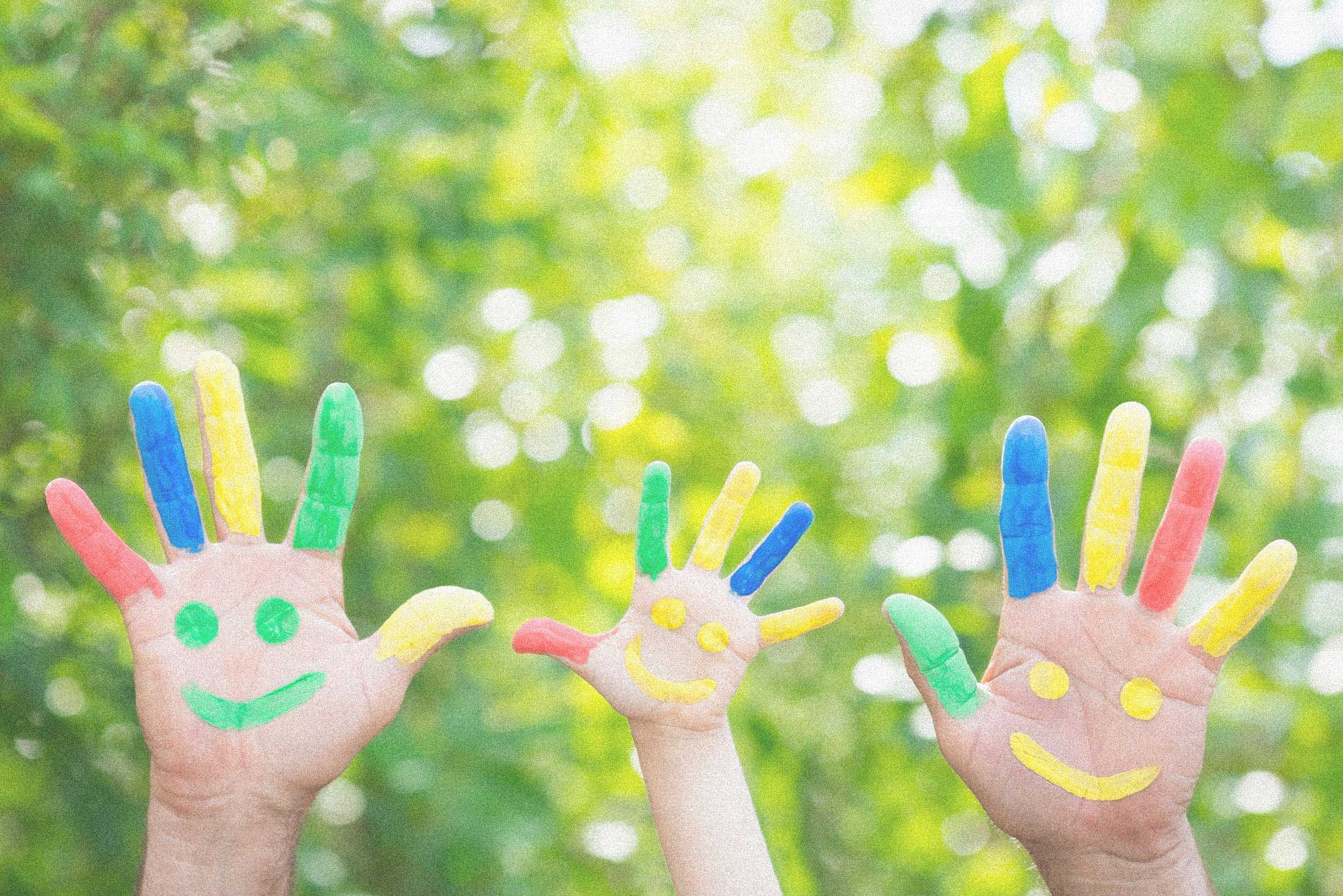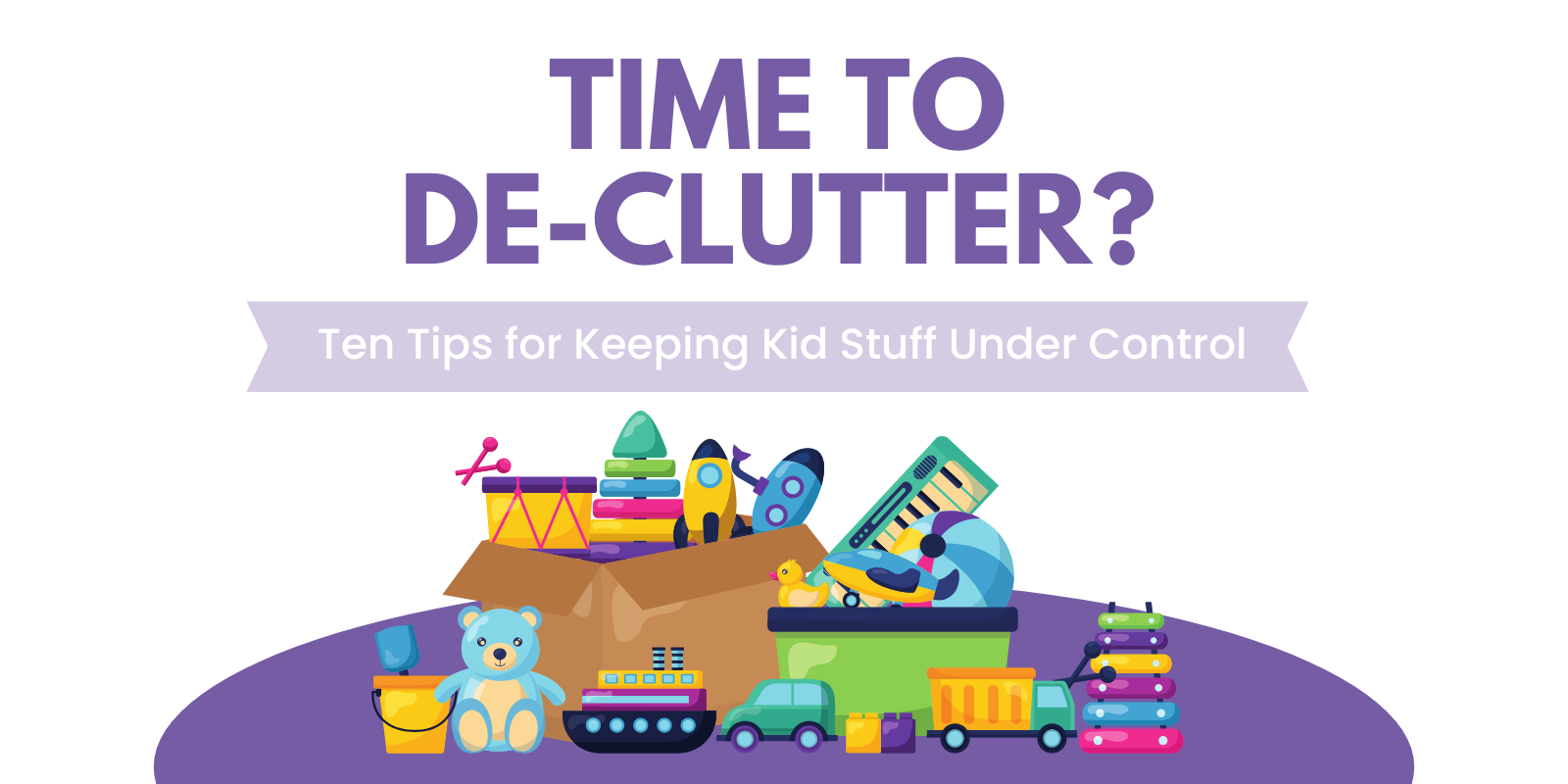Keeping kids organized might seem like a daunting task, especially with all the toys, school supplies, and daily activities that can pile up. But helping kids develop good organizational habits early on is worth the effort—it not only keeps your home running more smoothly but also teaches valuable life skills they’ll carry into adulthood. With these quick and easy tips, you can create systems that are simple to implement, fun for kids, and effective in keeping things tidy. Plus, an organized space can reduce stress and allow your family to spend more time enjoying each other’s company instead of searching for lost items!
1. Create a Family Calendar
Use a large calendar to track activities, homework, and chores. Assign each child a color for easy visibility.
2. Label Everything
From toy bins to school supplies, labels help kids know where things go. Use pictures for younger kids and let older kids decorate their own labels.
3. Establish a Drop Zone
Set up a designated spot for backpacks, shoes, and coats near the door to reduce morning chaos.
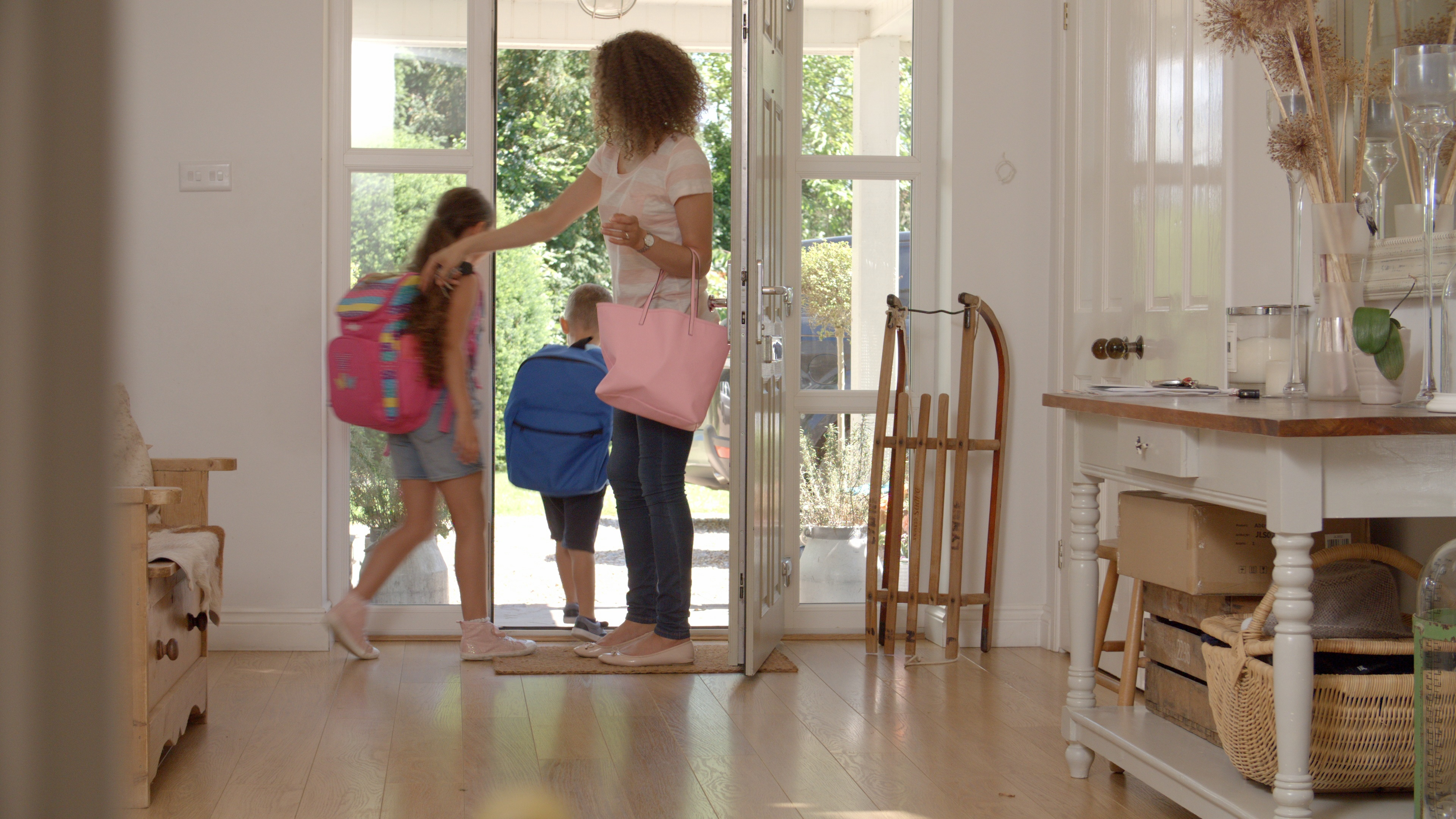
4. Use Clear Storage Bins
Transparent bins make it easier for kids to see what’s inside and put things away without confusion.
5. Rotate Toys and Books
Store some items out of sight and rotate them every season. This keeps things fresh and prevents clutter.
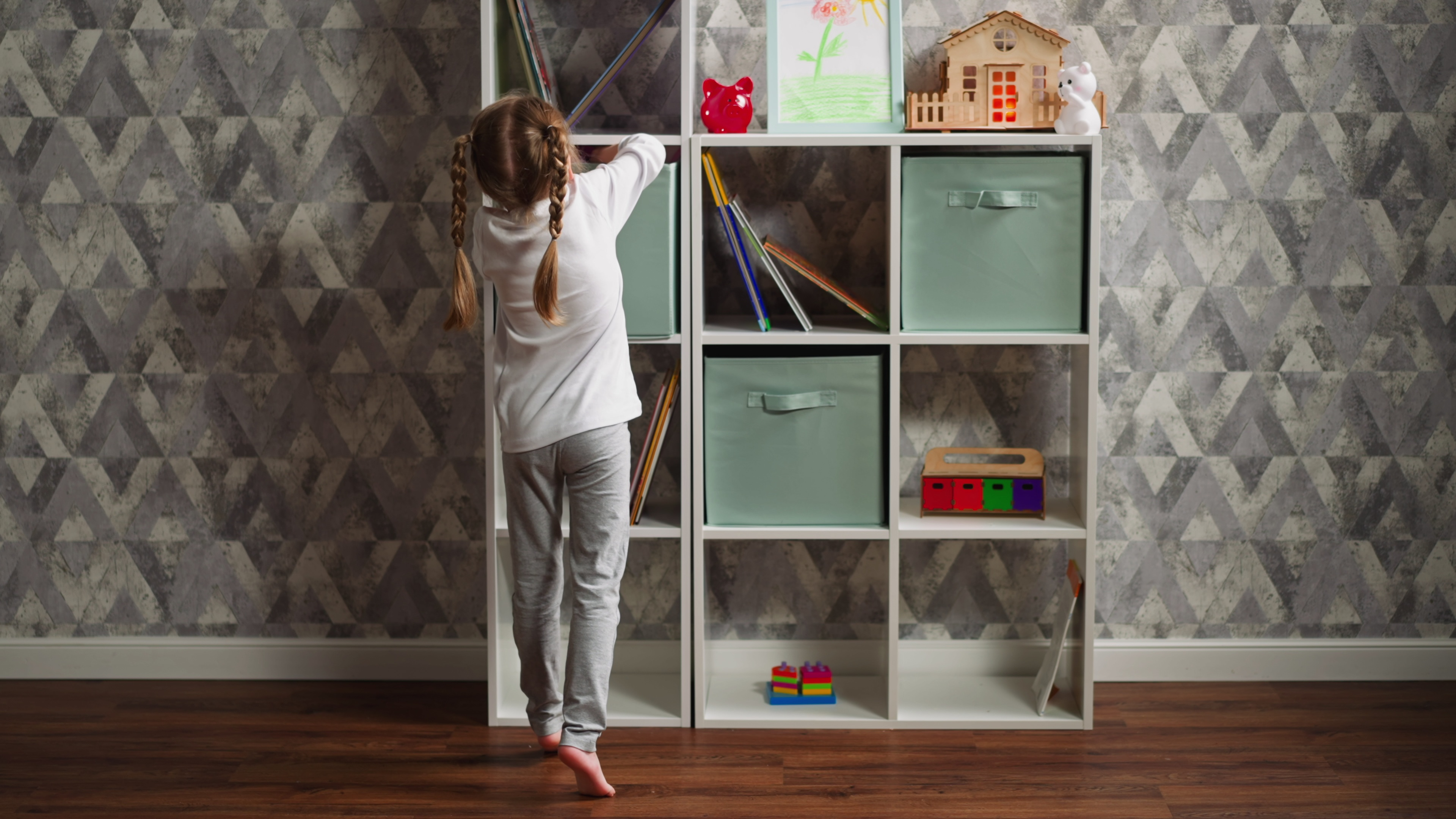
6. Make Cleaning a Game
Turn tidying up into a fun activity by setting a timer or playing music while cleaning.
7. Teach the "One-In, One-Out" Rule
When kids get something new, encourage them to donate or toss an old item to manage clutter.
8. Break Down Big Tasks
Help kids tackle messy rooms by focusing on one area at a time, like clothes first, then toys.
9. Create a Reward System
Use a sticker chart or small rewards to encourage kids to stay on top of organization tasks.
10. Celebrate Their Efforts
Praise kids for their progress and accomplishments, even if it’s not perfect. Positive reinforcement builds good habits!
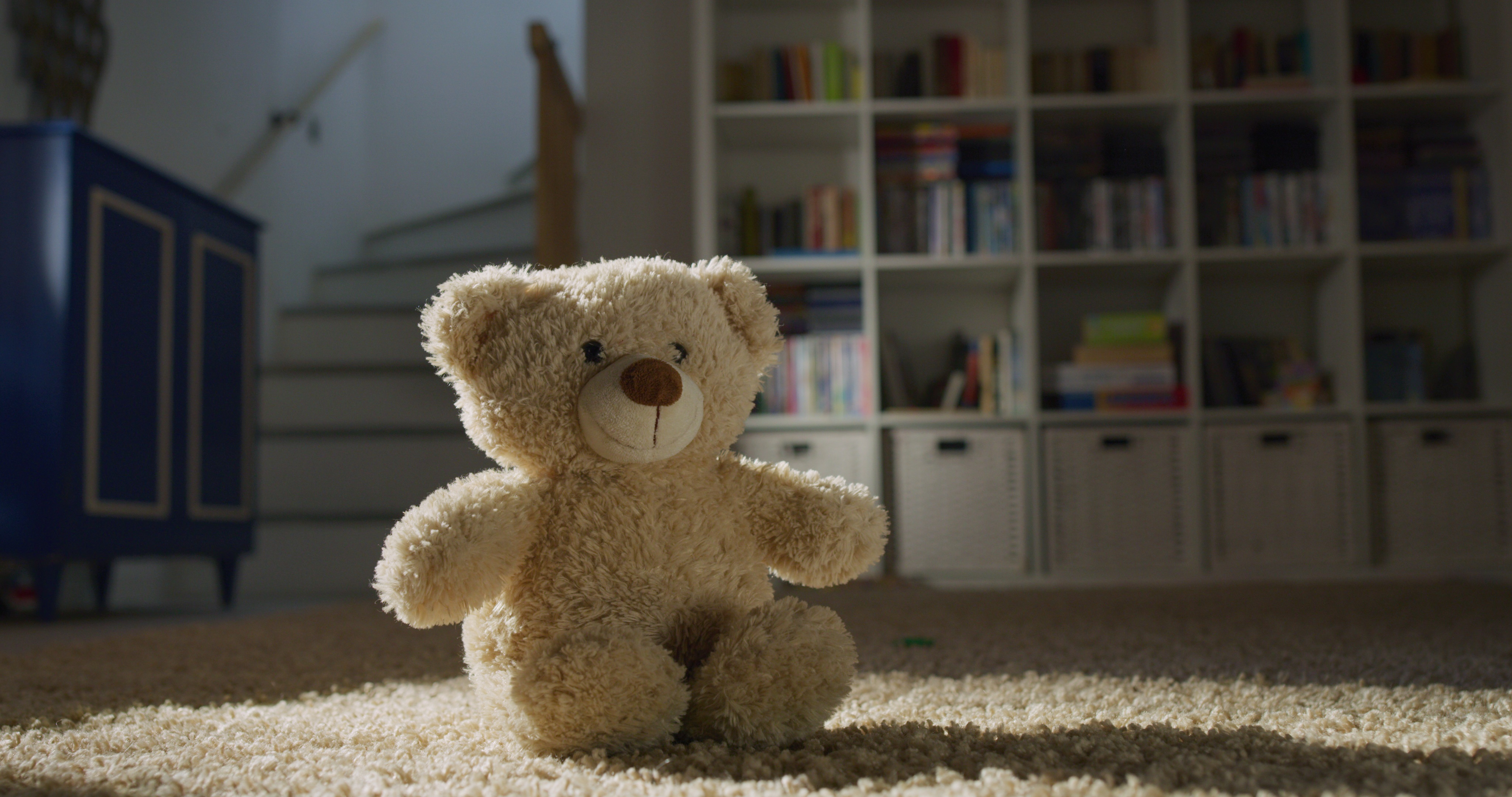
Organization doesn’t have to be overwhelming—starting with small, manageable changes can make a big difference. These 10 tips are designed to make the process easy and even enjoyable for kids, empowering them to take ownership of their space and routines. Whether it’s creating a family calendar, making cleanup a game, or rotating toys to prevent clutter, these strategies help set the foundation for lifelong organizational habits. And the best part? A more organized home means more time for connection, creativity, and family fun! Start implementing these ideas today and watch your family thrive.
Feeling motivated to make an impact? Visit our page on how you can get involved: GET INVOLVED
